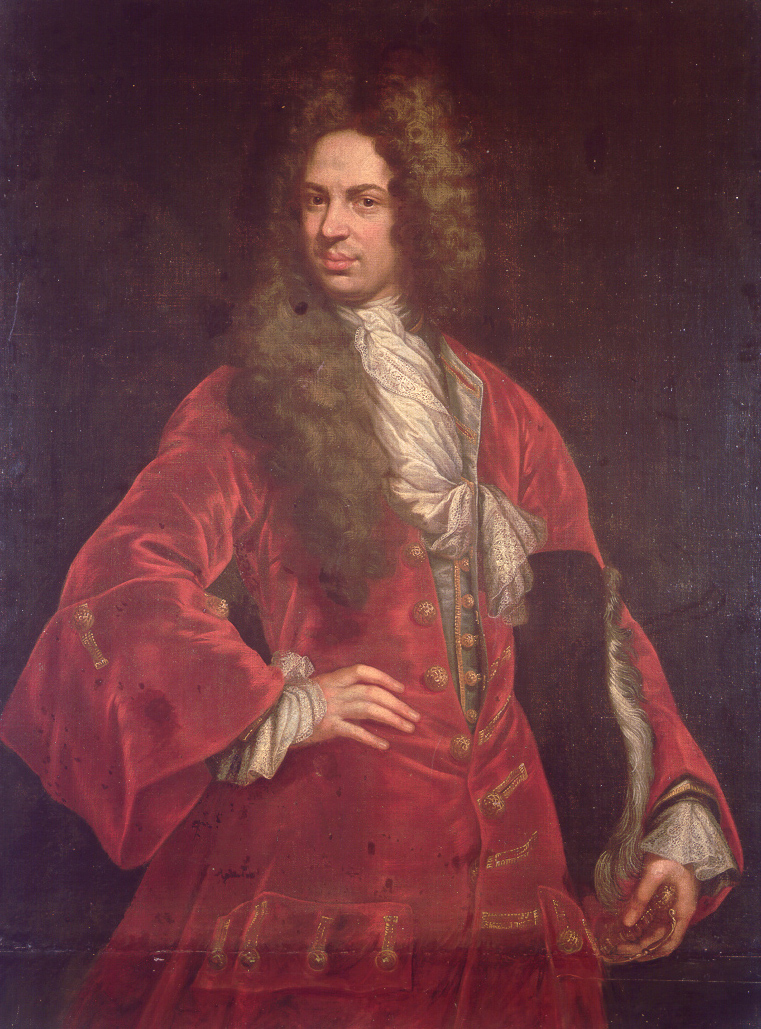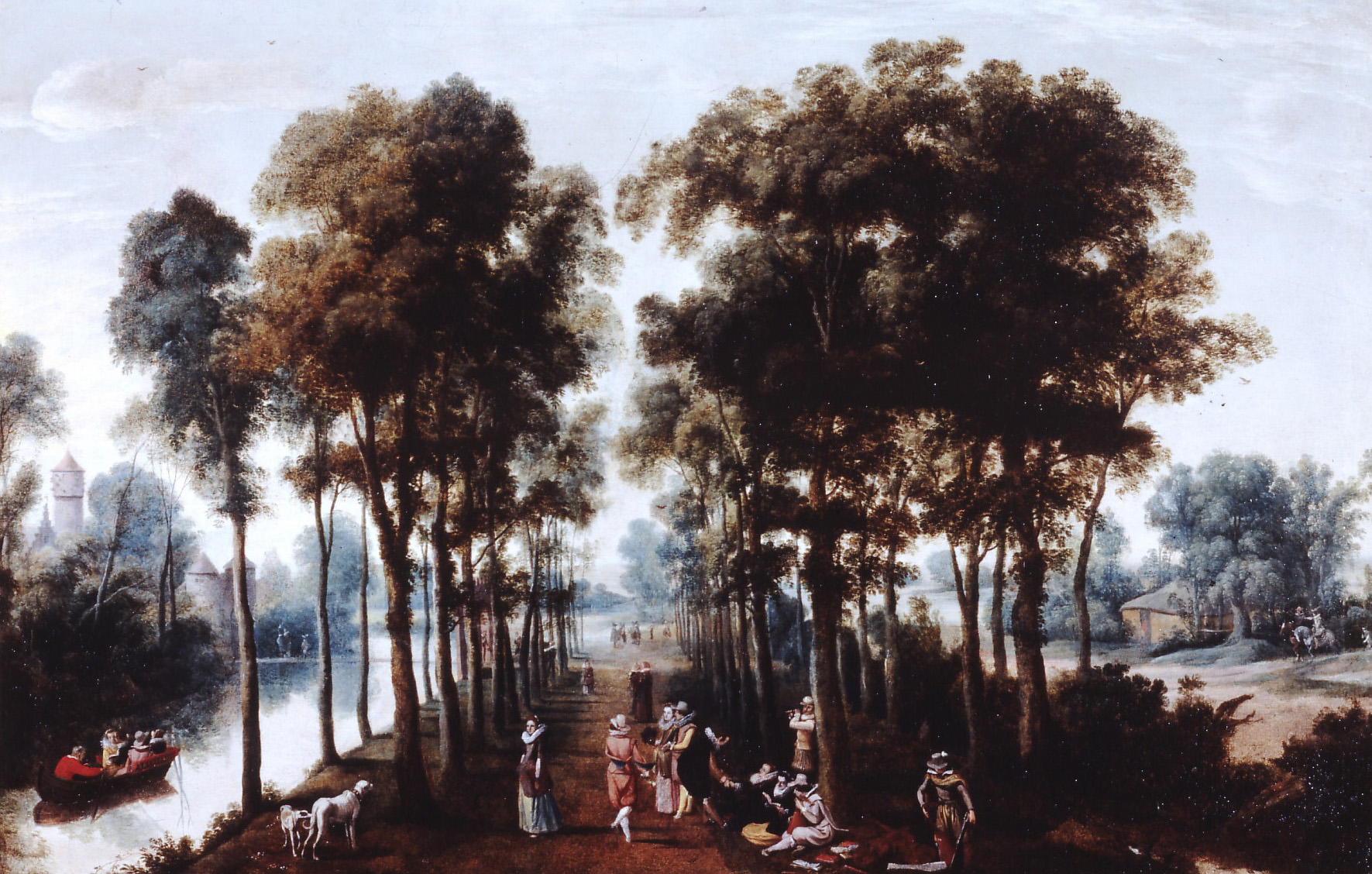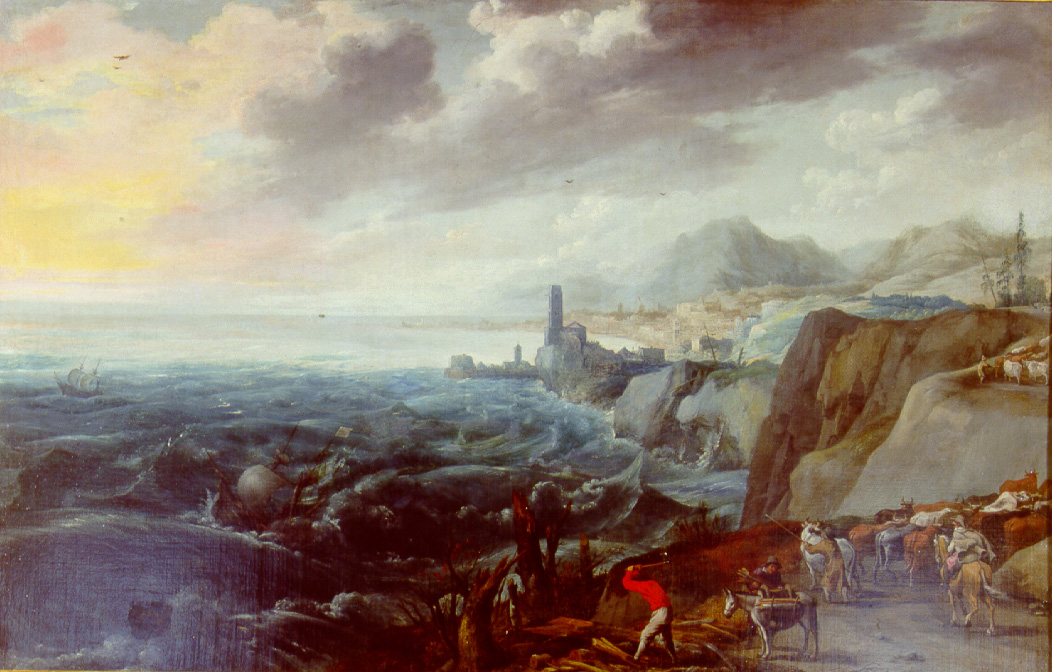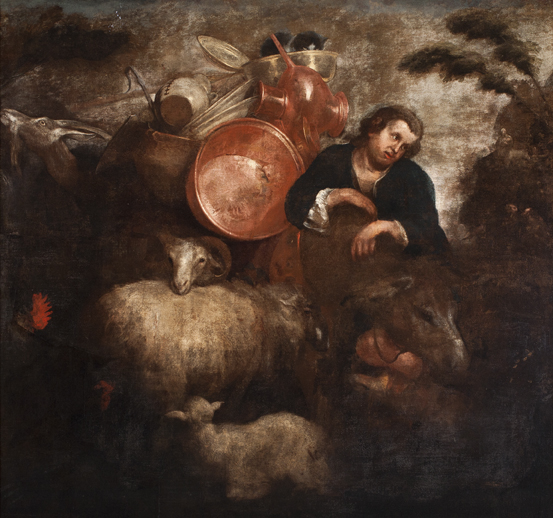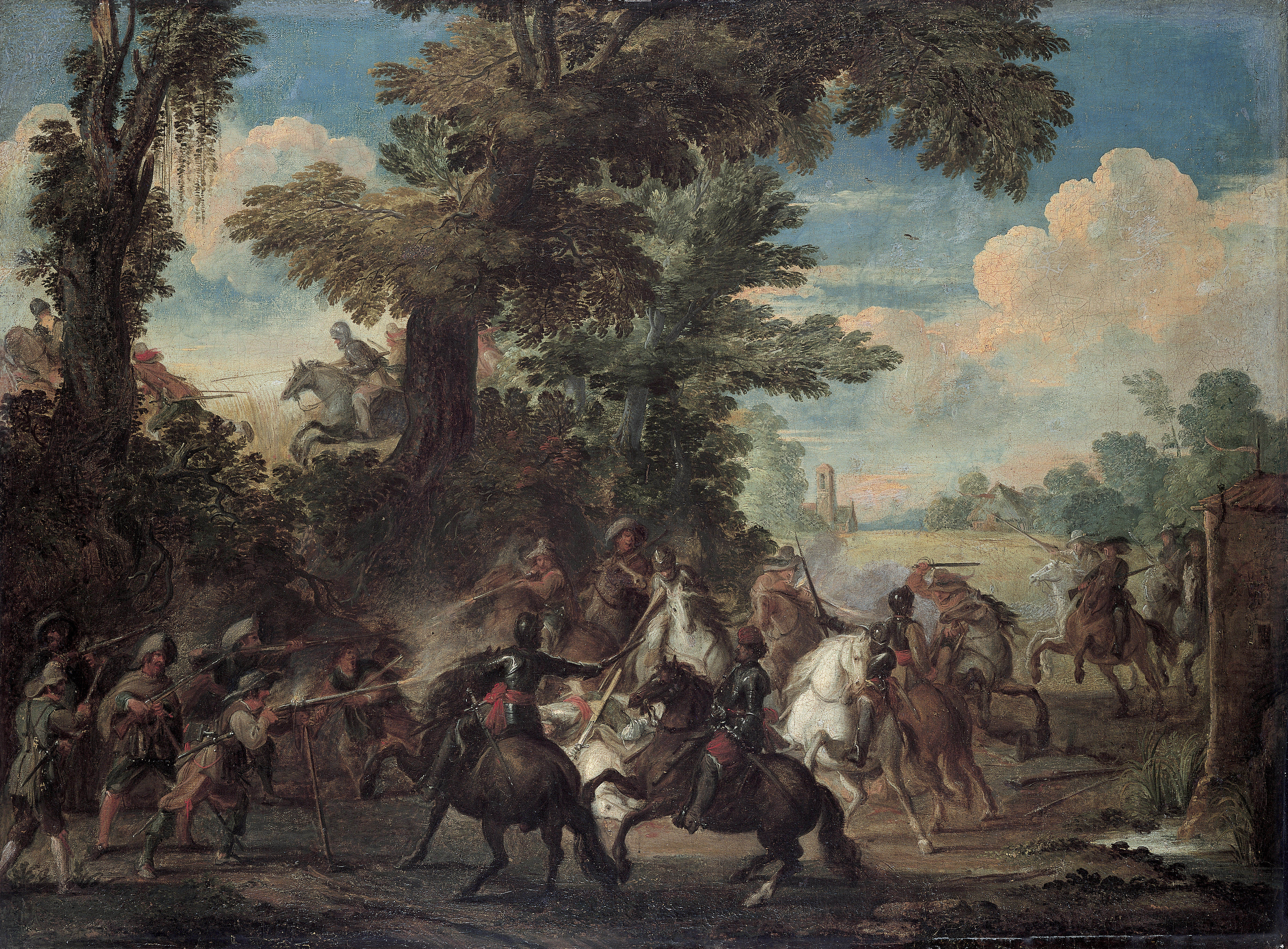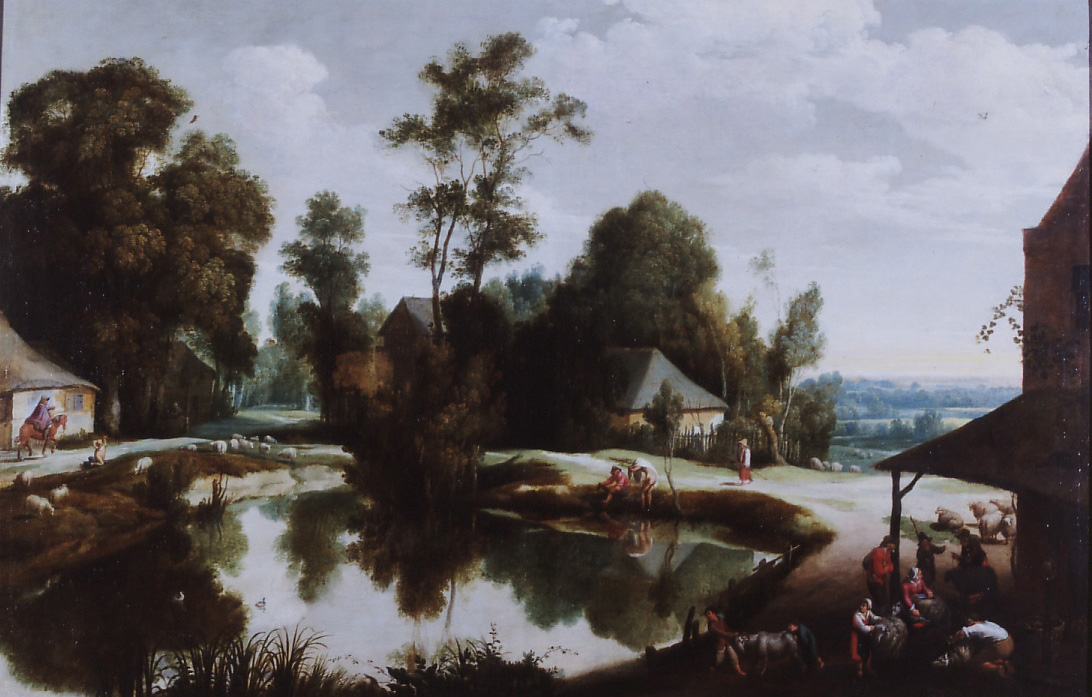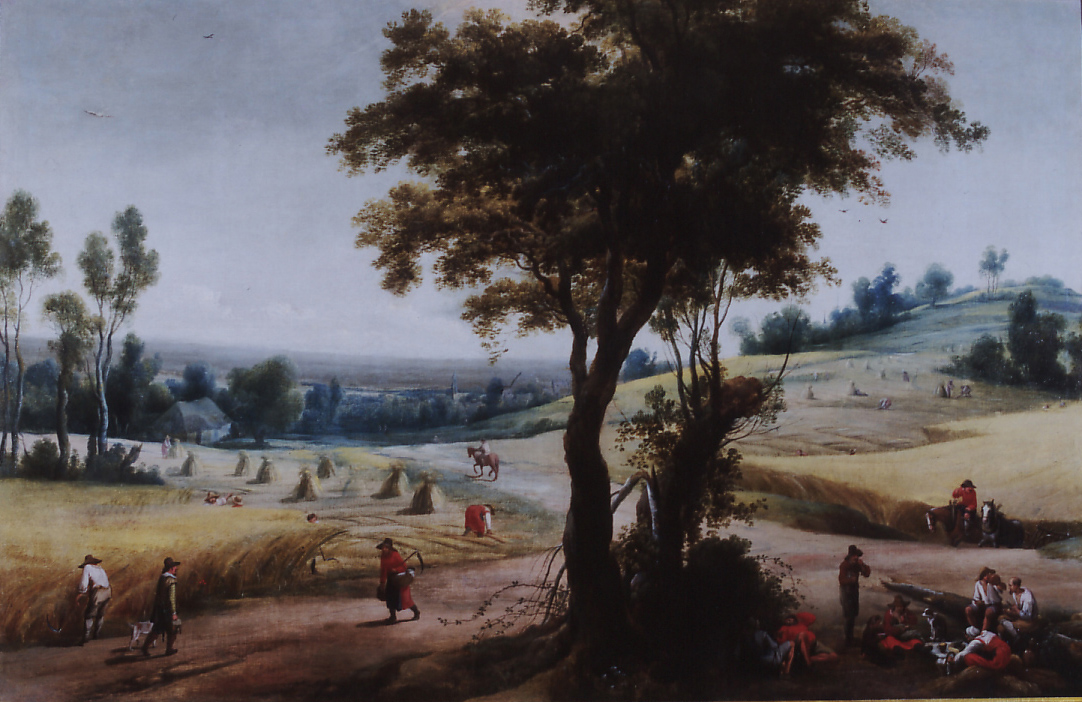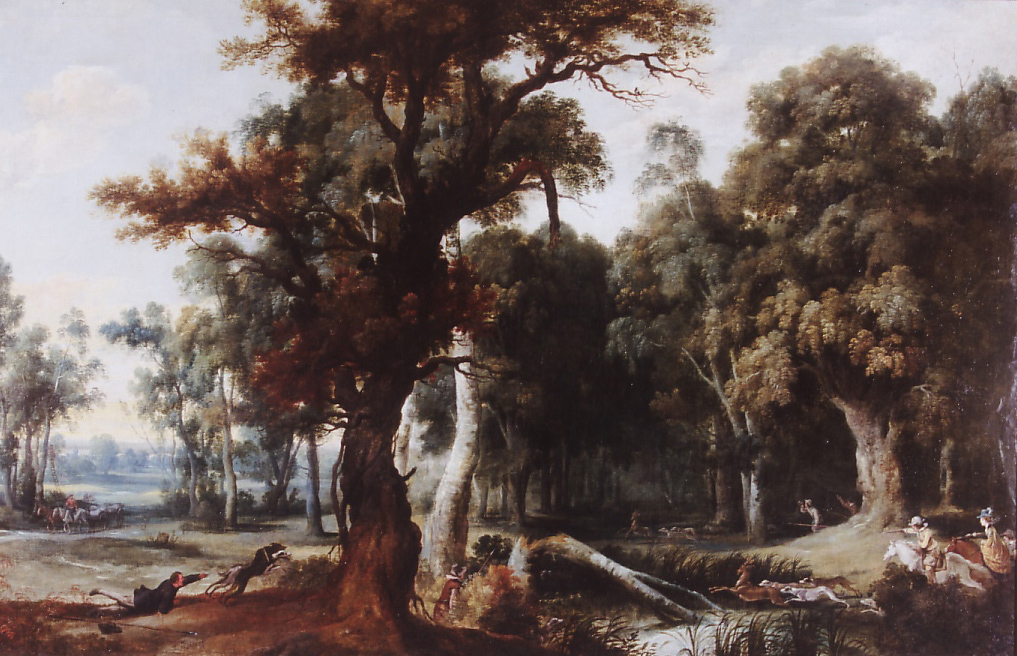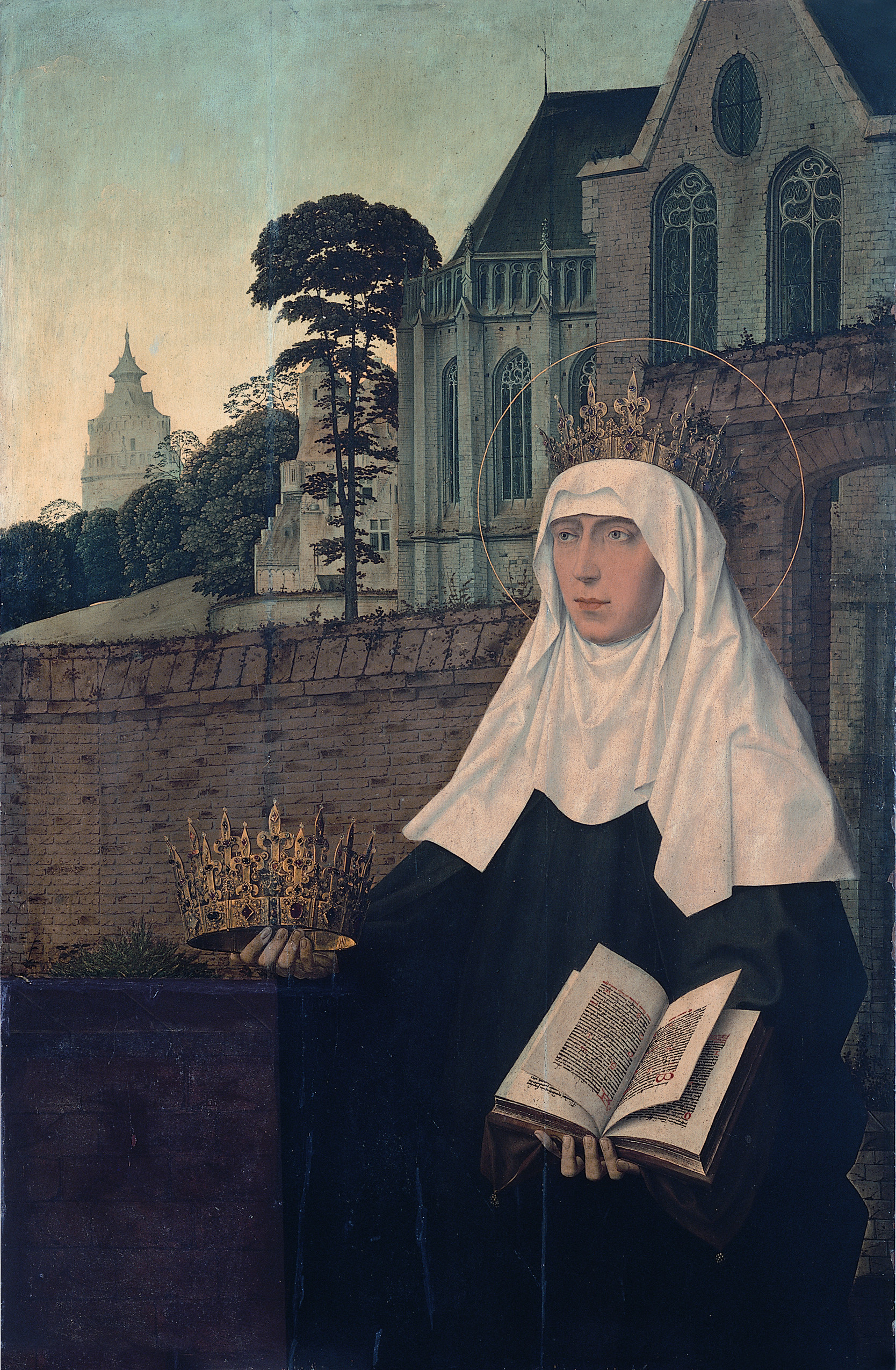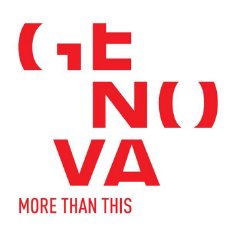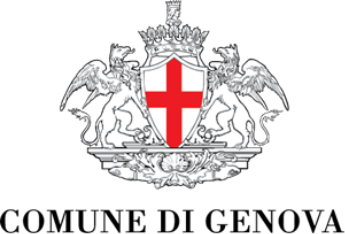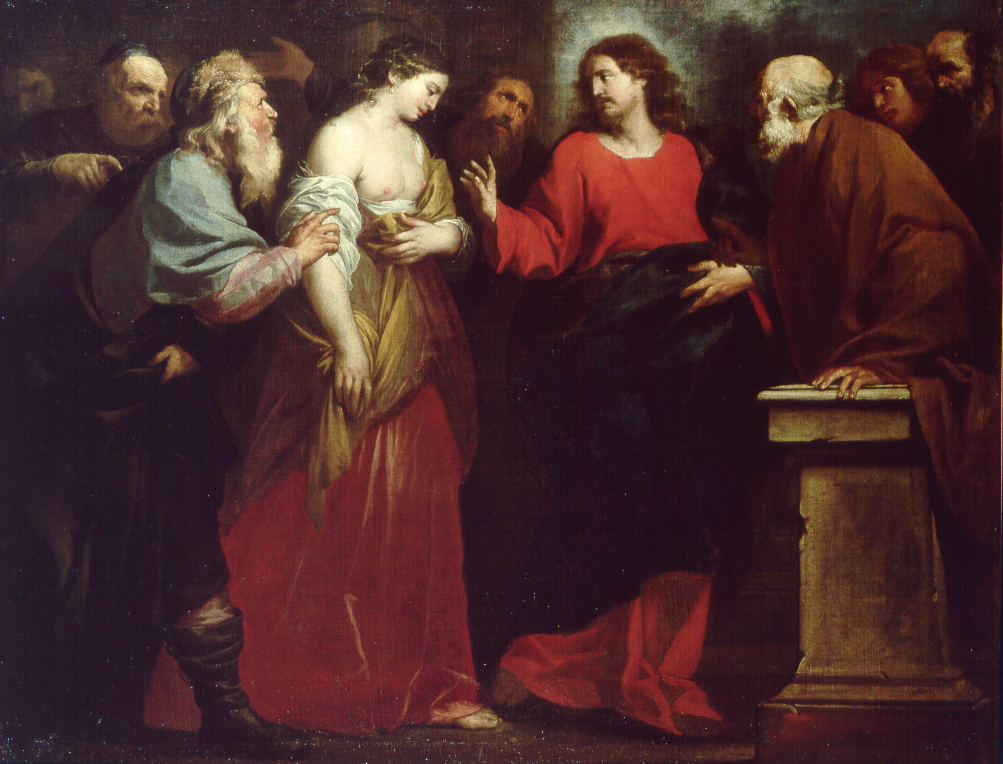
Click here to view image
Orazio De Ferrari (Voltri, 1606-1657)
Oil on canvas, cm. 147 x 186
The sacred subject, painted with bright and bright colors, is one of the most frequent in the painting of Orazio De Ferrari, a pupil of Andrea Ansaldo, in whose work are evident the influences of Van Dyck, Rubens and Reni.
The canvas, made in 1650, was purchased in 1959, but its origin is still unknown; it is one of the masterpieces of the maturity of the Genoese artist who, in this kind of medium compositions - Large, he found the most congenial dimension to express his expressive abilities.The painting presents at the center of the composition the figures of Christ and the adulteress, around which the other characters are arranged in a semicircle, while the architectural base on the right in foreshortening measures the space.

